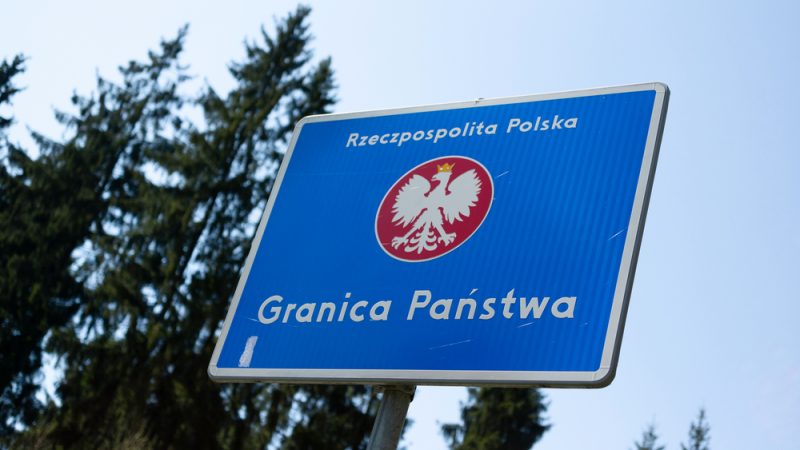Warsaw does not support allowing huge masses of migrants to move into the EU, nor does it agree to what it calls fees for rejecting migrants after receiving practically no help from the EU in dealing with the incoming migration from Ukraine, according to Euractiv.
Poland and Hungary were the only countries to vote against the negotiating position, adopted by the Council of the EU on 8 June, based on the principle of ‘mandatory solidarity’, meaning that the member states can participate in migration management by either accepting asylum seekers or contributing in other ways, including financially.
Still, Warsaw rejects these solutions, citing a burden it carried by receiving war refugees from Ukraine.
“We simplified the formalities to a minimum so that as many Ukrainians as possible could find shelter in our country. We have proved that Poland has open borders for those who really need it,” the Government Information Centre told EURACTIV Poland.
“We received practically no help from the EU in dealing with migration from Ukraine, so we hope not to be punished for being sceptical about accepting migrants also from other countries,” President Andrzej Duda told the press conference at Monday’s Weimar Triangle summit.
This statement is false, though. Poland received €123 million under Asylum, Migration and Integration Fund (AMIF), and the allocation under Home Affairs funds for 2021-27 for the country is €237 million under AMIF and €162.4 million under Border Management and Visa Instrument (BMVI), the EU Commission press service told Euractiv earlier this year.
It is also not true that there are punishments for not receiving migrants.
Under the negotiated system, countries that do not want to participate in the relocation scheme can contribute financially instead with the sum set at €20,000 for each relocation, not as a penalty, but as an alternative option and a choice.
Poland does not support allowing large masses of migrants to the EU, nor does it agree to mandatory fees for not accepting migrants, it added, referring to the optional financial contribution. Such a policy could lead to an increase in crimes related to human trafficking, it said.
It added it advocated for sealing the borders, including the southern border. Asked for alternatives to relocation that Poland might agree on, it only mentioned the country’s support for development aid for Africa “in order to stop migration and to create better living conditions in African countries.”
Poland intends to build a coalition in the EU House against the solutions voted through in the Council, government spokesman Piotr Müller told TVP Info on Sunday.
When asked for details, the government said it would attempt “to convince members of all political groups who oppose these solutions to submit amendments.”










Trackbacks and Pingbacks